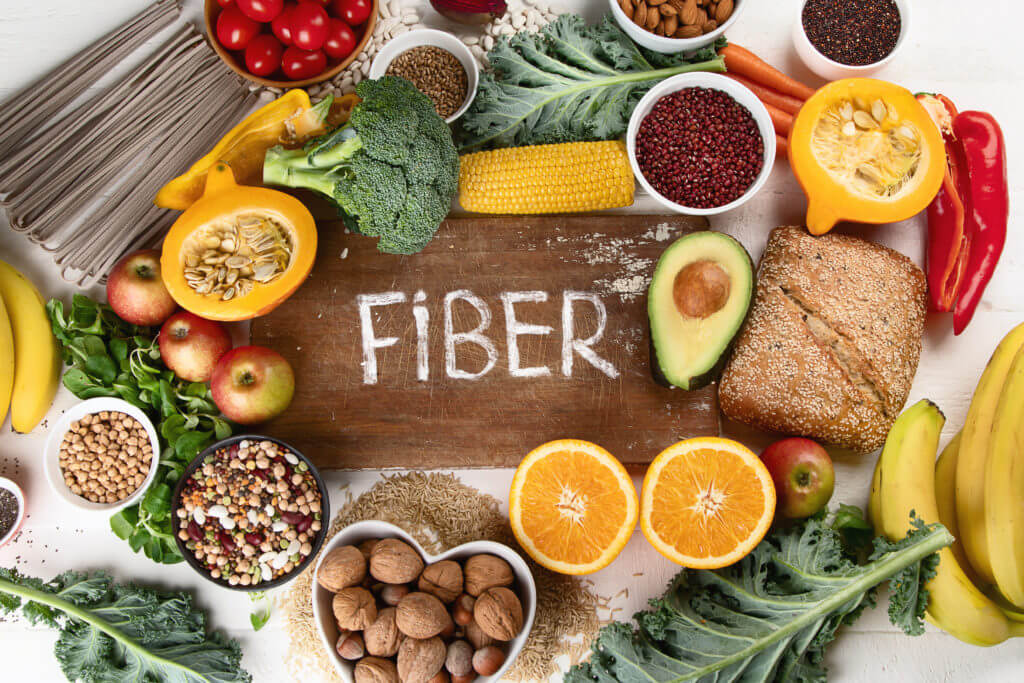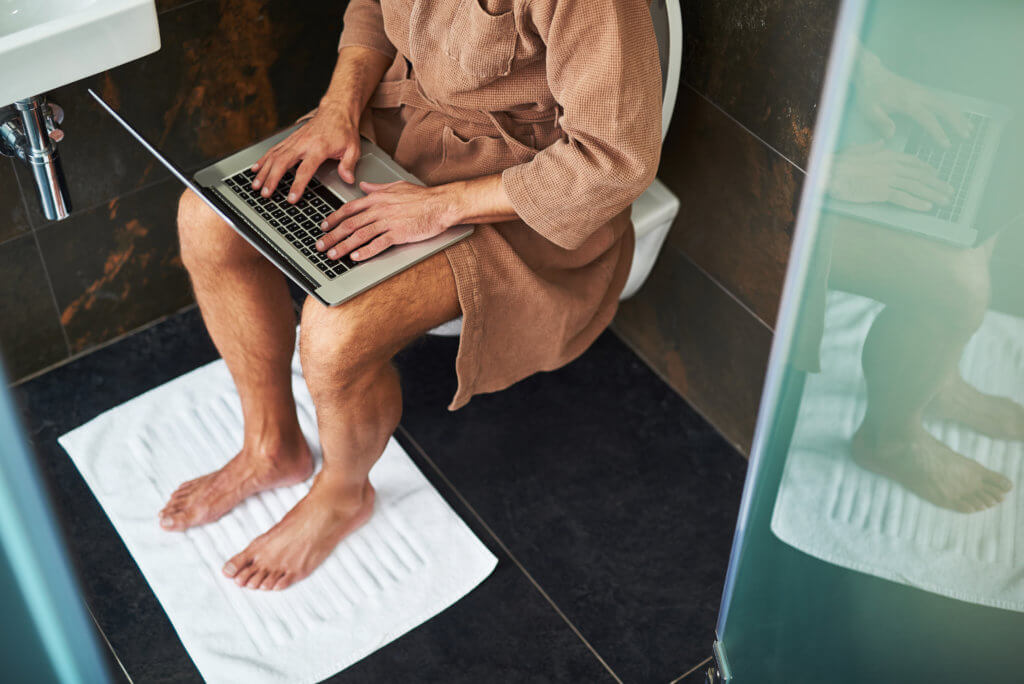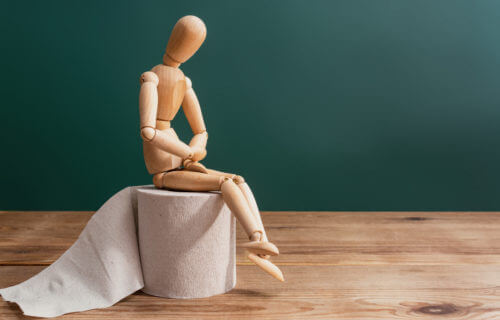Ever feel a little backed up? It’s an uncomfortable feeling, and you’re not alone. Around four million Americans regularly struggle with constipation, making it the most common gastrointestinal complaint. However, things don’t have to be this way, especially with a few lifestyle changes — especially with your diet.
What is constipation?
Constipation often varies from person to person, but generally speaking, it’s defined as having less than three bowel movements per week. When you do, passing stool is a strenuous task that ends up producing hard, small, and dry pieces. In these instances, medical intervention isn’t generally necessary, as lifestyle changes can help move things along.
Constipation can not only be uncomfortable but detrimental to your well-being. A recent study found that constipation may be an early warning sign of Parkinson’s disease, leading to over double the risk of developing the neurological condition within the five years leading up to diagnosis. Being backed up can also lead to hemorrhoids, anal fissures, fecal impaction, and rectal bleeding.
So, needless to say, it’s definitely important to get things under control. A lot of times, people might reach for a laxative to flush things out. However, this may not be best to go for that as a first line of action. In fact, new research warns that doing so may increase your likelihood of developing dementia. In fact, scientists found that the risk jumps to over 50 percent in comparison to those avoiding laxatives.

What causes constipation?
Usually, constipation happens when your colon absorbs too much water from your feces. This dries out your matter and makes it difficult to pass. The things that lead to constipation can vary from person to person, including:
- Not drinking enough water
- Not eating enough fiber
- Not exercising often
- You are not going to pass a stool when your body is telling you to
- Taking certain medications, such as pain relievers
- Medical conditions like irritable bowel syndrome
5 ways to find relief
Echoing an earlier point, medical intervention isn’t required for a lot of people. There are, luckily, a lot of science-backed ways to clear things out:
Eat more fiber
Current recommendations suggest aiming for around 25 grams of fiber every day. Most Americans eat closer to 15 grams or less per day. There are two types of fiber, soluble and insoluble, and both help with constipation relief.
Soluble fiber attracts water, helping to make your stool pass easier. Foods rich in this type of fiber include apples, oats, and beans. Insoluble fiber does not attract water and adds bulk to your stool. Foods rich in this type of fiber include whole grains, potatoes, cauliflower, and leafy greens.

Keep up with hydration
Dehydration is one of the most common causes of constipation. Water helps your colon to pass stool efficiently. For most people, shoot for eight cups per day.
Exercise regularly
Another key reason for constipation is lack of movement. Exercise is good for basically any and everything, but especially for finding relief from this. Exercise speeds up heart rate and breathing, stimulating muscle contractions within your intestines to help move stool along.
Try magnesium citrate or oxide
These forms of magnesium specifically are useful for constipation relief. Research shows that citrate may be more bioavailable, but both appear to work well for this purpose. Be sure not to go overboard, as for some, this may cause diarrhea. Always speak with your provider before starting supplements.
Go to the bathroom when your body tells you to!
Life happens, and at times, you can’t always do this, but do so when you can. If your intestines are telling you to get everything out, go get it out.

Bottom Line
Constipation happens. Chronically struggling with it often can not only be annoying, but it can also have a bad impact on your overall health. Luckily, unless you struggle with a serious condition that requires medical supervision of your constipation, you can likely manage things from home by making a few diet and lifestyle tweaks.

